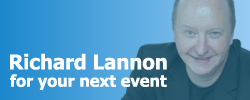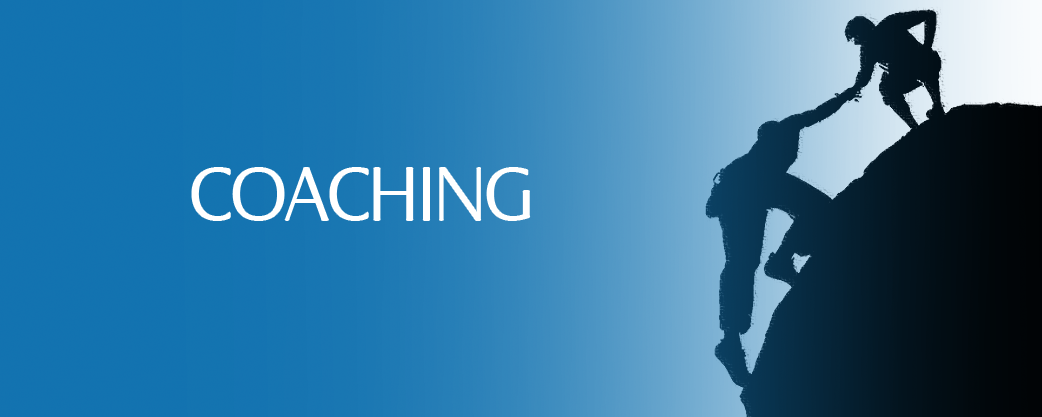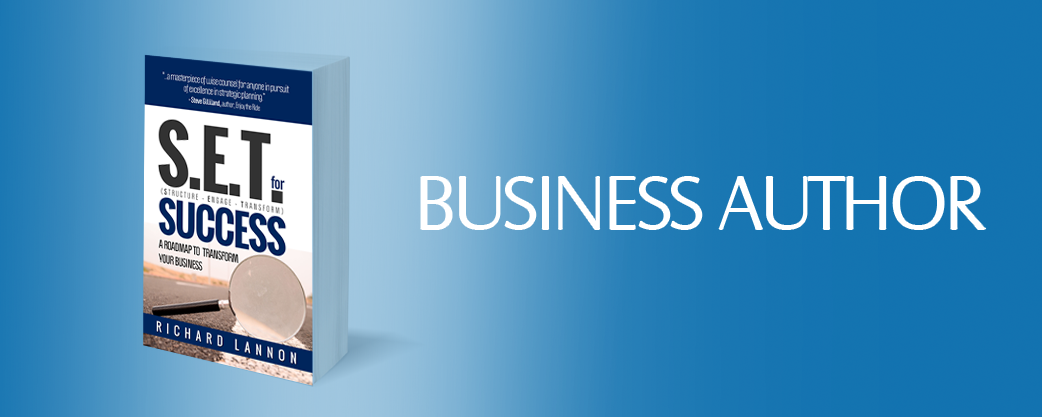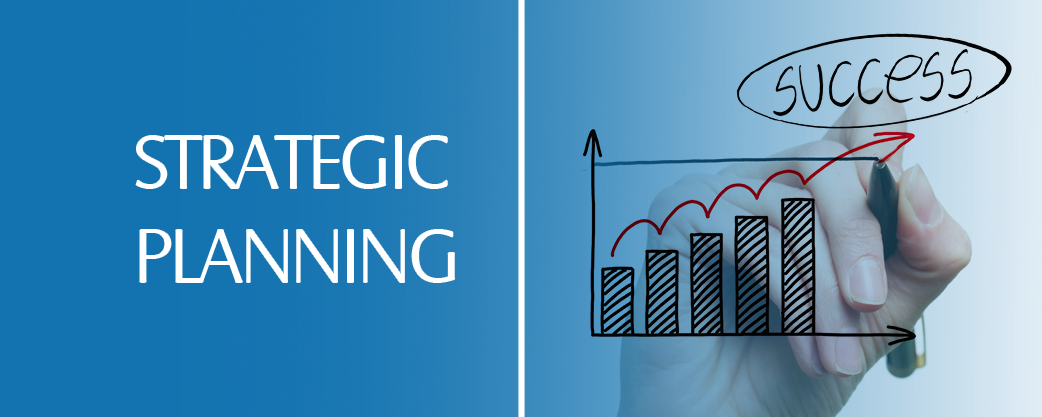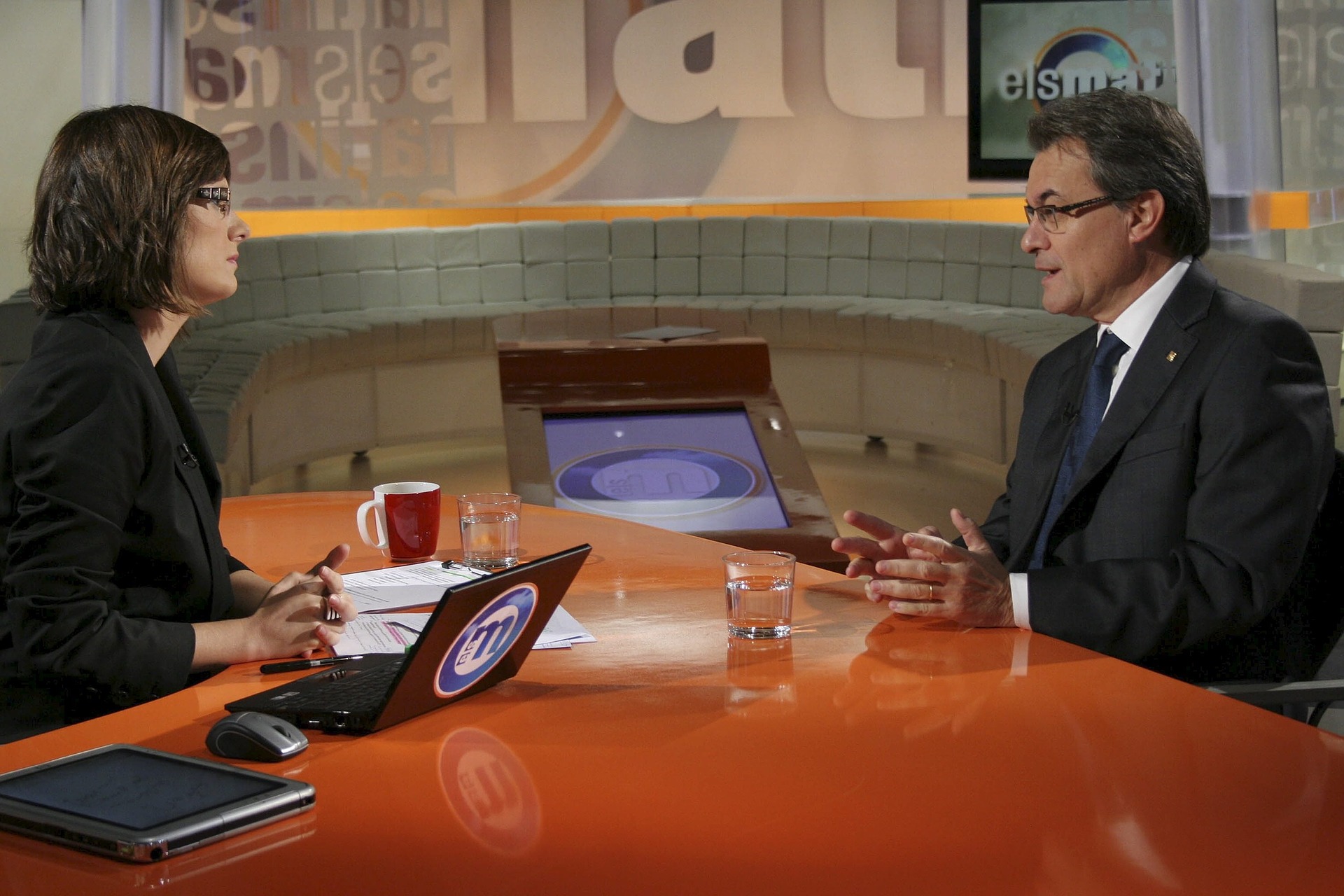 It’s time for that one-on-one meeting, the interview. You know the one. It’s the meeting that you need to prepare for to ensure it goes well.
It’s time for that one-on-one meeting, the interview. You know the one. It’s the meeting that you need to prepare for to ensure it goes well.
This is one of those topic areas that I am never too sure whether to describe as strategic or tactical. Maybe it is a bit of both from an individual micro-strategy and tactical action perspective. But, it is a skill that the professional needs to master in order to acquire the right information from all levels of stakeholders, from the CEO to the frontline staff.
Related Article: Eight Tips for Facilitating Your Next
Planning Session or Requirements Meeting
I have learned from years of working with people and interviewing them that the one-on-one interview requires you to master a number of skills.
Now according to the BABOK, an interview is a “systematic approach to elicit information from a person or group of people in an informal or formal setting by talking to the person – the interviewee, asking relevant questions and documenting the responses.”
7 Skills To Master To Become An Excellent Interviewer
1. Be Really Clear on Your Purpose: This might sound like a no-brainer, but if you are not clear on the interview purpose then you will have a real challenge focusing the session. Create an interview purpose statement. Use the business problem as a starting point but be clear on the outcome. It is all right to say that you are here to discuss a specific topic and what you hope to gain.
2. Be like a Journalist or Salesperson: The best and most successful sales people or journalists know they have to ask the right questions to determine the needs of the stakeholders. They have studied the art of question creation and asking. I know the response I get when I say “sales people.” I am not talking about the stereotypical fast talking oddly dressed car sales person.
What I mean is to develop your abilities to present yourself professionally and know the questions you need to ask to better understand the stakeholder needs.
Being a journalist (in the traditional sense) is about developing the ability to dig deeper, know when to do so and be prepared when you hit the jackpot.
Interesting Read: 5 Questions Business Analysts Should Have In Their Question Inventory
3. Observe Your Favourite Interviewer: This is a tip I picked up in acting and facilitation classes years ago. Identify those interviewers you really respect for their abilities. They could be late night hosts, hard talk professionals or news professionals. Create a character profile of them. Determine what they are known for (style), what is it they do well and where can they improve. Now watch them and observe with the point of learning and then incorporating some of their skills into your own routine.
4. Develop Active Listen Skills: Do you listen well? Now be honest with yourself. Active listening is a skill that anyone can develop. Research suggests that the mind thinks 4 to 7 times faster than we can speak and in general we only speak about 100 words per minute. It is easy to get distracted and think of other things. It has been suggested that with most people (no matter the gender), active listening increases with the greater interest in the topic. So frame or reframe your topic for the optimum personal interest.
When listening, use techniques to show you are actively listening.
5. Be a Chameleon and Adapt: I believe you should profile yourself and the people around you. I know this can be controversial. But when you profile yourself you learn a lot about who you are and how you operate. You can learn what behaviors you engage in under certain circumstances. It also helps you learn to adapt your natural communication style to the person’s needs, not yours. That is one of the keys to being a successful communicator, therefore interviewer.
In order to succeed, we must first believe that we can. Nikos Kazantzakis Share on X
6. Preparation is the Key: You have to prepare for an interview. This means doing your research. If you are meeting with someone new, then research who they are and what they are all about, their department, and who works for them. Even check out their social media profile. It all helps. The next part of preparation is to know what you want to ask. The key to doing a great interview is to have great questions. So work with someone and create a list of the questions you need to ask. Make sure your questions directly relate to your purpose and the outcome required. Always create an open and get the most important questions up front.
7. It is All About Timing: Most people miss this important point. They go to an interview session, and they miscalculate their timing and the number of questions they can ask and discuss in any meaningful way. Ask yourself this question. If you were to have a 30-minute interview how many questions could you ask and get answered? Generally, it would be around 5 to 7 questions plus dialogue and add-on questions. In the interview, you need to master the open, connection, questions, linking and close. If you would like a copy of my interviewing meeting timing chart send me an email and I will forward it to you.
Final Thoughts
Interviewing is a significant skill to master as a professional. It requires a balance between art and science. The best thing is that you can study to be an interviewer and practice it with business associates. This skill will be used when working with a variety of stakeholders at different levels in your organization.
Mastering some of the components of interviewing will go a long way towards you getting better business, stakeholder, solution and transformation requirements. Good Luck.
And Remember,
Do your best,
Invest in the success of others,
Make your journey count.
=====================================
Richard Lannon – SET for Success
business strategist, conference speaker, trainer, coach, author, blogger, radio host, podcaster and your business cheerleader
BraveWorld Inc. http://braveworld.ca/

